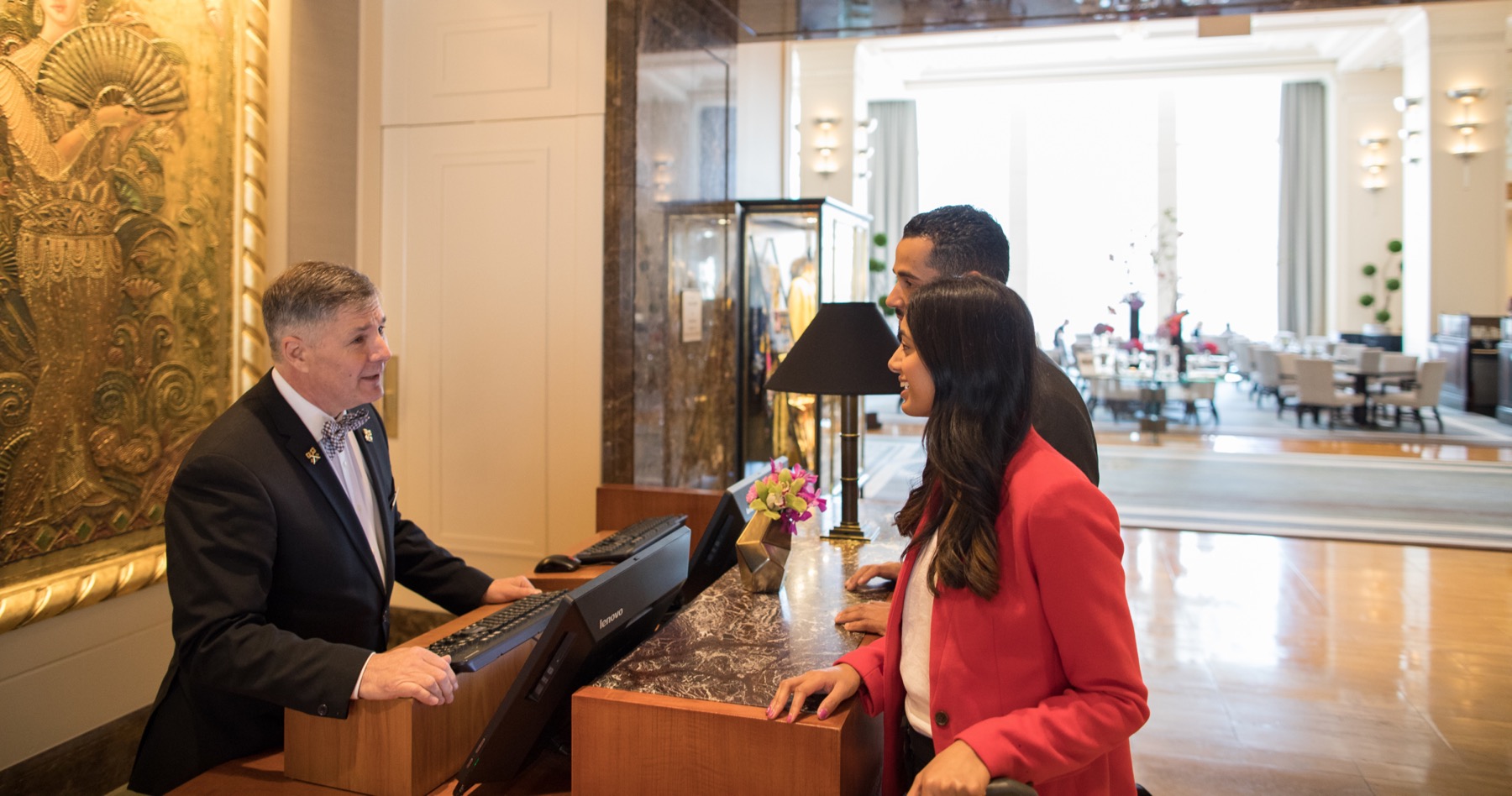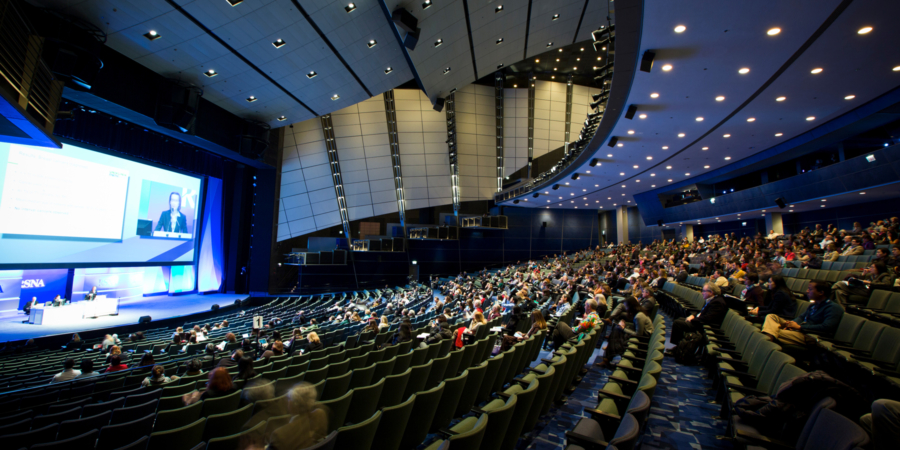Part of your success is knowing you can count on your hotel team. Here are a few helpful tips to make sure you’re getting the most of your relationship.
Provide a detailed RFP
Hotels are more likely to respond quickly if you provide as much information as possible in your initial Request for Proposal (RFP):
- Include specific details on your meeting schedule, number of seats needed, meals and technology requirements. For hotel stays, include the number and type of rooms your group needs each night, as well as estimated arrival and departure times.
- Be sure to include a brief description of your organization, the type of meeting (board meeting, product launch, annual convention) and the demographics of your group (middle-aged, young entrepreneurs, mostly female, etc.).
Understand how hoteliers think when pitching your business
- Hotel sales teams evaluate prospective clients based on room rate, dates of the event, flexibility and the ratio of meeting space to sleeping rooms.
- Research compression and local demand prior to negotiating room rates.
- “Sell” your event to hotels by highlighting past attendance numbers and demonstrating a consistent track record.
- Don’t be afraid to consider a new venue that might be hungrier for your business than a long-established one.
Negotiate by emphasizing what your event needs to succeed
- Some hotels use third-parties for meeting setups, which can impact pricing. Decide beforehand which tasks your organization will take care of and what services you need the hotel to assist with.
- If you meet the minimum spending for food and beverage and guest rooms, try requesting a complimentary hospitality suite that could be used as a VIP lounge. You could also negotiate free Internet for the guest rooms.
- Parking may be more important for your group than booking a business suite.
Find more expert meeting planning tips and ideas.



